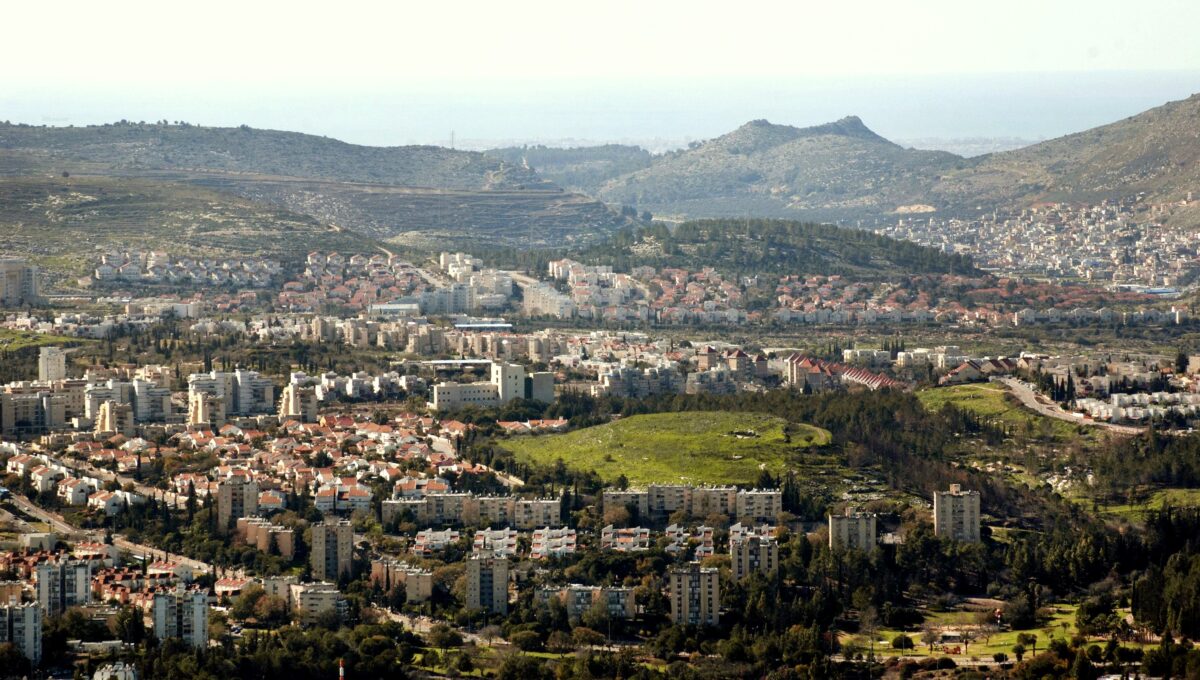A tempest with far-reaching ramifications is brewing in Carmiel, a picturesque town of 46,000 in northern Israel.
Carmiel was built in 1964 as part of an Israeli government plan to increase the Jewish population in the Galilee, which is inhabited by a slight majority of Muslim and Christian Arabs, the descendants of Palestinians who did not leave their homes and properties during the first Arab-Israeli war in 1948. It was constructed on land expropriated from nearby Arab towns and villages.
At first, all of Carmiel’s inhabitants were Jewish. But in the past two decades, well-to-do Israeli Arabs have moved into Carmiel, with the result that they now comprise about six percent of its residents.
The movement of Arabs from Arab to Jewish communities is a nation-wide demographic phenomenon, signifying that there will be more “mixed” cities in Israel like Jerusalem, Haifa, Acre, Nazareth and Lod. The political and social ramifications of this trend will be keenly felt in the decades to come.
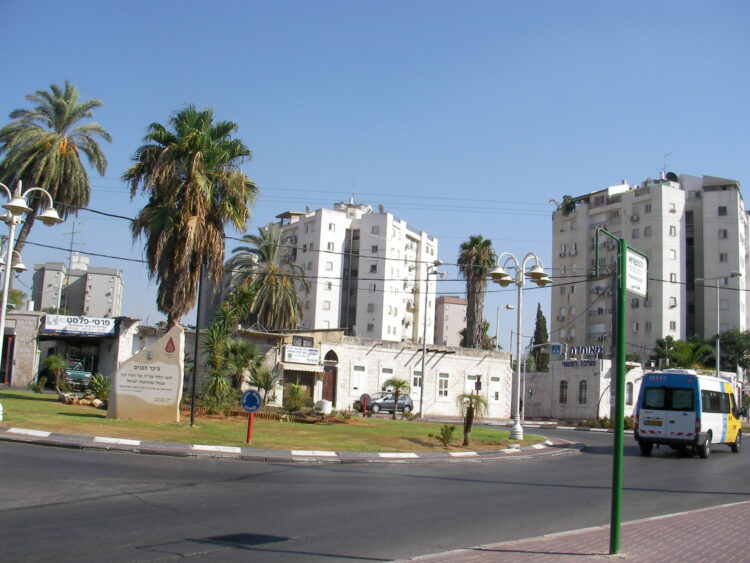
The pattern of de jure and de facto segregation that has characterized housing patterns in Israel since the establishment of the state is gradually crumbling. In all likelihood, an increasing number of Israeli Arabs — a minority of about two million people representing about 20 percent of Israel’s population — will be living in predominately Jewish-majority cities within a generation.
This influx inevitably creates problems of readjustment on both sides. In Carmiel, which is home to approximately 2,700 Arabs, there are still no Arabic-language schools, much less a mosque. Arab parents therefore have no alternative but to send their children to schools elsewhere.
This is not only time-consuming and inconvenient, but relatively costly and a source of resentment. One can readily understand why Israeli Arabs, the victims of discrimination in jobs and housing, would feel mistreated and marginalized, or would consider themselves second-class citizens in a state that prides itself on its vibrant democracy.
It comes as no surprise that some Arabs in Carmiel are rebelling against their status in Israeli society, finding it unfair, intolerable and untenable.
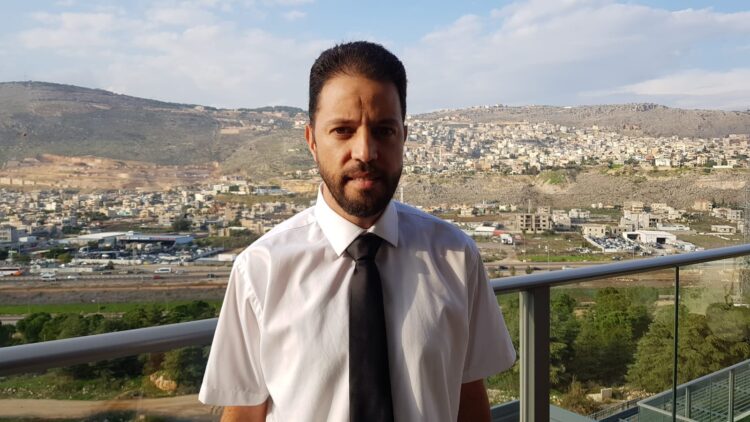
A local Arab lawyer, Nizar Bakri, recently filed a lawsuit that reflects this grievance. He filed it on behalf of three students, his brother Qassem and his two nephews. Bakri claims that their right to an education has been adversely affected by the difficulty of organizing transport to and from schools outside Carmiel.
Bakri is demanding reimbursement for out-of-pocket expenses incurred by Arab families. More importantly, he is calling on Carmiel to bear the cost of providing busing to Arab students enrolled in schools beyond its boundaries.
Ministry of Education guidelines stipulate that “local authorities” have an “obligation to organize and implement” such transportation. The ministry itself is responsible for funding it
Bakri’s lawsuit has fallen on deaf ears, having been dismissed by magistrate court judge Yaniv Luzon on November 30. In his ruling, Luzon wrote that the provision of services to Arabs would be unacceptable because it would alter the Jewish complexion of Carmiel.
Luzon noted that Carmiel, “a Jewish city,” plays a role in strengthening Jewish settlement in the Galilee. “The construction of an Arabic-language school, or providing transportation for Arab students … would change (Carmiel’s) demographic balance and character …” he added.
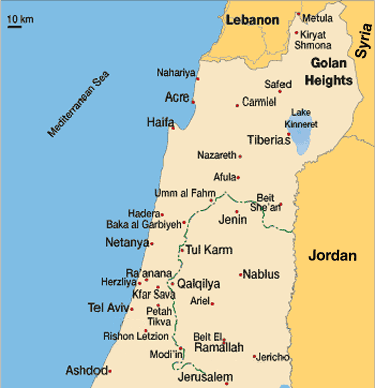
He based his argument on the 2018 nation-state law, which Prime Minister Benjamin Netanyahu introduced, promoted and lauded as “a defining moment” in Israel’s history.
This legislation enshrines Israel as “the national home of the Jewish people” and states that “the right to exercise national self-determination” in Israel is “unique to the Jewish people.” It establishes Hebrew as Israel’s official language, while downgrading Arabic to a “special status.” It also entrenches “Jewish settlement as a national value” and mandates the Israeli government to encourage and advance this policy.
Israeli Arabs blasted the law as racist and undemocratic, with Ayman Odeh, the leader of the Arab Joint List Party, the third largest in the Knesset, condemning it as an act of “Jewish supremacy.”
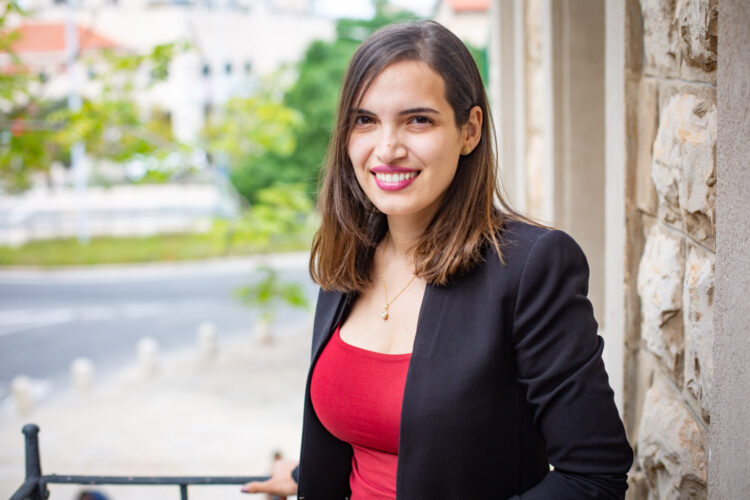
Nareman Shehadeh Zoabi, an Israeli Arab lawyer employed by the Adalah Justice Project, a Palestinian advocacy organization based in the United States, was just as emphatic. “In the name of Jewish settlement as a national value, Palestinian Arab citizens of Israel cannot even receive equal municipal services,” she said.
Arab and Jewish critics of the law had predicted it would formalize inequality and discrimination against Arabs in matters relating to housing and places of residence.
Luzon, in his ruling, wrote, “The development of Jewish settlement is a national value, one anchored in a basic law. It ought to be an appropriate and dominant consideration in the array of municipal consideration,” including the establishment of schools and the funding of transportation.
Luzon’s decision has been welcomed by Jews in Carmiel who support the status quo. In 2010, some of its residents created an anonymous hotline seeking to prevent the sale of land to Arabs. Around the same time, the then deputy mayor of Carmiel, Oren Milstein, expressed consternation that Arab residents would request permission to build a mosque.
The contentious issue at hand is about the here-and-now, but it really speaks to a longer term existential question: should Israel be a Jewish state or a secular state of its citizens?
This issue is due to be addressed by Israel’s Supreme Court later this month, in response to an appeal filed against the nation-state law by the Adalah Justice Project. Its verdict may well clarify the dispute that currently roils Carmiel.
